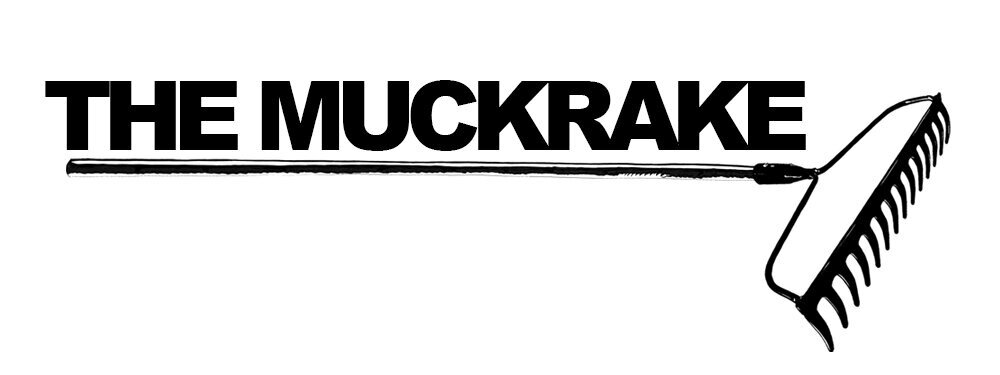An Exercise In Frustration and Futility: The Debate System is Fundamentally Broken
Tuesday night in Charleston, South Carolina, Democratic candidates squared off in yet another debate, this one the last before the state’s primary this weekend. The event was hosted and moderated by CBS News, which absolutely failed on every level to provide even so much as an organized or professional debate. But that’s hardly surprising, considering the networks have fallen behind the cable news goliaths in production, esteem, influence, and, more to the point, the showmanship of modern electoral politics.
Even if CBS had pulled off a more competent showing, the truth would still remain that the debate system is fundamentally broken in the United States and has contributed mightily to our current political crisis. It is, like cable news, a symptom of a much larger problem that has led to Donald Trump, namely an obsession with spectacle and an emphasis on entertainment over actual substance.
In name, debates are supposed to be an exchange of ideas, a grappling over issues that, if done correctly, will result in elevated knowledge for the viewer and possibly an informed decision regarding their eventual vote. Anyone who spends more than five minutes watching these debates knows this is not the focus. Our debate system, the evolved descendant of televised news that pushes conflict and soundbites for fulfillment of the twenty-four hour news cycle, is about flash and glitz that manages to contrast a brutal and vapid fight.
With its constant red, white, and blue electrified colors and reliance on stars and stripes graphics, the debate stage is like the stage that contains professional wrestling’s Monday Night Raw, granting a less dignified subject something approaching digital age glam. In this, it elevates even the most disgusting politician - Donald Trump could stand at a podium amid the show and somehow look “presidential,” or rather, like a person on television playing president - while also hiding the very necessary aspect of the televised debate: conflict.
The debate is meant to be a dignified demolition derby. Candidates are to bounce between one another, maintaining an equilibrium of ideas, or rather soundbites about ideas, and practiced attacks against one another. These attacks are rehearsed as to feel spontaneous and quick, much like the professional wrestlers of Monday Night Raw go over their promos in order to make them feel real as to convince any viewer that they might be watching two professional athletes engaged in an authentic feud.
This staged duel does little besides give the audience at home something to watch and hem and haw over, and that’s exactly what the networks are looking for. In retrospectives about past debates, what the networks remember are the best takedowns and insults, including Ronald Reagan’s practiced “There you go again,” and vice-presidential nominee Lloyd Bentsen’s destruction of Vice-President Dan Quayle in 1988: “Senator, you’re no Jack Kennedy.”
What debates are supposed to be about, namely a competition of ideas, has been abandoned. The questions asked by moderators aren’t necessarily even pressing, they’re primed for easily-digestible answers and stacked for controversy. They are the equivalent of throwing meat in front of a pack of hyenas and watching them fight for nourishment and then reveling over the bloodshed. What gets lost is a substantive debate over issues that matter, like climate change, education, the reimagining of the American system, and, most noticeably in this season’s debates, the fact that we have an authoritarian president in the White House who is actively dismantling the rule of law and democracy itself.
Like all things sick and infected, Donald Trump’s successes in politics has managed to expose more and more of the rot. Here, in these debates, moderators have shied away from actual discussing his crimes and his creeping authoritarianism, simply because these are not subjects that can be contained in soundbites. What we need is long and detailed discussions about our past and our present, a dissection and dealing with of the more nuanced and problematic problems that have led to this moment, and that conversation, if ever pursued, would also lead into discussions about why these debates are so phony and awful and, ultimately, dangerous.
These debates aren’t about choosing candidates, they’re about conflict. They’re not about discussions of America and where it’s going, but trials for politicians to see how they’re going to handle their media appearances. The debates are a microcosm of the bigger media world. A few minutes of a debate in Charleston shows Democratic voters how Tom Steyer might look if he were going on Meet The Press or Face The Nation every Sunday. It’s purporting to be a glimpse into their ideas, but is actually a preview of their participation in a media universe that has less and less by the day to do with actual politics.
All in all, these things, as unbearable as they are to watch, are torturous exercises in bringing to life the very rot that is plaguing our country. Obsession with spectacle. Focus on vapid, unnuanced thinking. Swimming and drowning in the myth of America while ignoring the very real and very troubling truth that is right there for all of us to see if we can only look away from the flag graphics and electric red, white, and blue: we are dying.
Jared Yates Sexton is an author and political analyst whose work has appeared in The New York Times, The New Republic, Politico, The Daily Beast, and elsewhere. He is the author of the forthcoming book American Rule: How A Nation Conquered The World But Failed Its People, available for pre-order from Dutton/Penguin-Random House. He is the co-host of The Muckrake Podcast.



